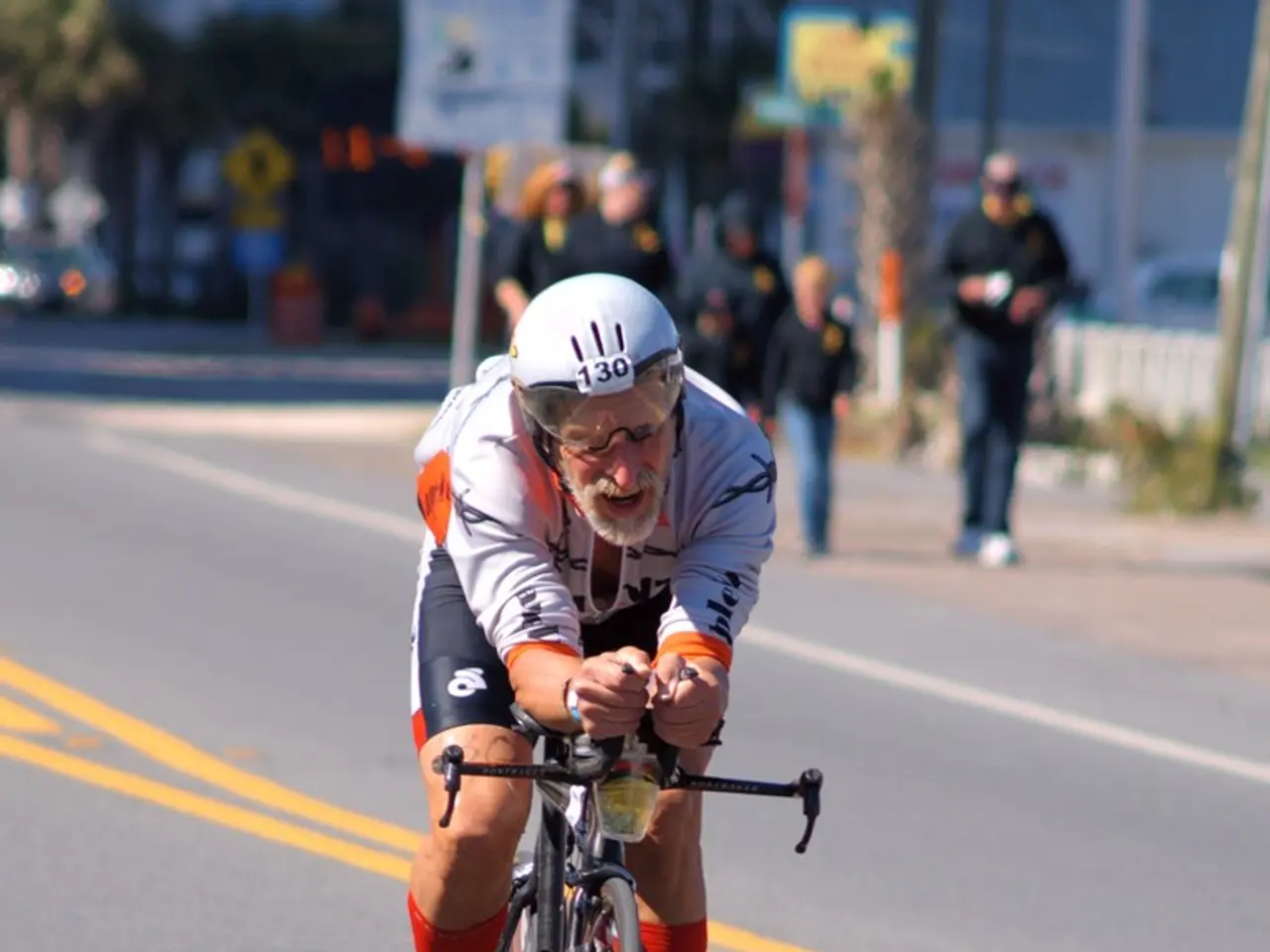Brain Adaptability through Physical Activity: Maintaining Cognitive Agility
Exercise has been identified as a powerful tool in preserving and enhancing brain health, particularly as we age. The key lies in setting SMART (Specific, Measurable, Attainable, Relevant, Time-Bound) goals, such as committing to walk four days a week for 30 minutes each day.
Dr. Joyce Gomes-Osman, an Assistant Professor at the University of Miami Miller School of Medicine and a KL2 scholar from the Clinical and Translational Science Institute at UM, is leading the way in this field. Her research focuses on the impact of exercise on neuroplasticity, the brain's ability to develop new neural pathways or connections between brain cells.
Increasing neuroplasticity could help prevent the loss of cognitive skills as we age, such as learning, remembering, and decision-making. This is crucial, as loss of neuroplasticity is associated with most neurodegenerative diseases such as Alzheimer's or Parkinson's as well as mild cognitive impairment.
Exercise achieves this by enhancing brain cell connectivity, promoting neurogenesis, and increasing key neurotrophic factors like brain-derived neurotrophic factor (BDNF). Regular physical activity, especially aerobic and resistance training, boosts blood flow and oxygen delivery to the brain, improving its energy use and adaptability, particularly impacting the hippocampus—a crucial brain area for learning and memory.
Strengthening synaptic connections and flexibility of communication between neurons, promoting neurogenesis, elevating BDNF and other growth factors, and increasing blood flow and oxygenation are some of the key mechanisms by which exercise achieves these benefits.
Different types of exercise each contribute uniquely. Aerobic exercises, like running or walking, enhance cardiovascular health and improve memory and executive function. Resistance training increases BDNF, supports synaptic plasticity and neurogenesis, reduces inflammation, and improves cognition especially in older adults. Mind-body exercises, such as yoga or tai chi, support coordination, balance, and cognitive improvements complementary to other exercise types.
Regular, sustained exercise programs are recommended in aging populations to maintain and improve cognitive health. However, it's important to note that adherence to exercise regimens is a major challenge. Changing habits and staying motivated is crucial for maintaining exercise adherence. The 'best' exercise regimen to promote brain health may not be the same for everyone, and the total amount of hours spent exercising seems to be particularly relevant for cognitive effects.
In an effort to understand these effects better and develop personalized exercise recommendations for brain health, scientific studies are ongoing. One such study, the 'our platform' memory game, is a free online game that allows individuals to discover how their brain compares with others like them in 10 short minutes, and helps scientists find new ways to protect our brains from memory loss as we age. The 'our platform' is a scientific study that provides researchers with data baselines about how normal, healthy brains perform at different ages.
In conclusion, exercise acts as a potent intervention to enhance brain plasticity, encourage regeneration of brain cells, and counteract cognitive decline typical in brain aging by engaging multiple complementary biological pathways. Regular physical activity, combined with SMART exercise goals and a consistent routine, can promote a healthy, sharp brain and help us navigate the challenges of aging.
- Dr. Joyce Gomes-Osman's research in the field of precision aging, particularly focusing on the impact of exercise on neuroplasticity, is aimed at preventing the loss of cognitive skills associated with aging and neurodegenerative diseases.
- Science is increasingly exploring the role of health-and-wellness practices, including fitness-and-exercise, nutrition, and mental-health, in bolstering brain health during the aging process.
- As part of an ongoing scientific study, individuals can play the 'our platform' memory game, a free online game designed to compare their brain performance with others, while contributing data to help researchers find new ways to protect brains from memory loss associated with aging.




